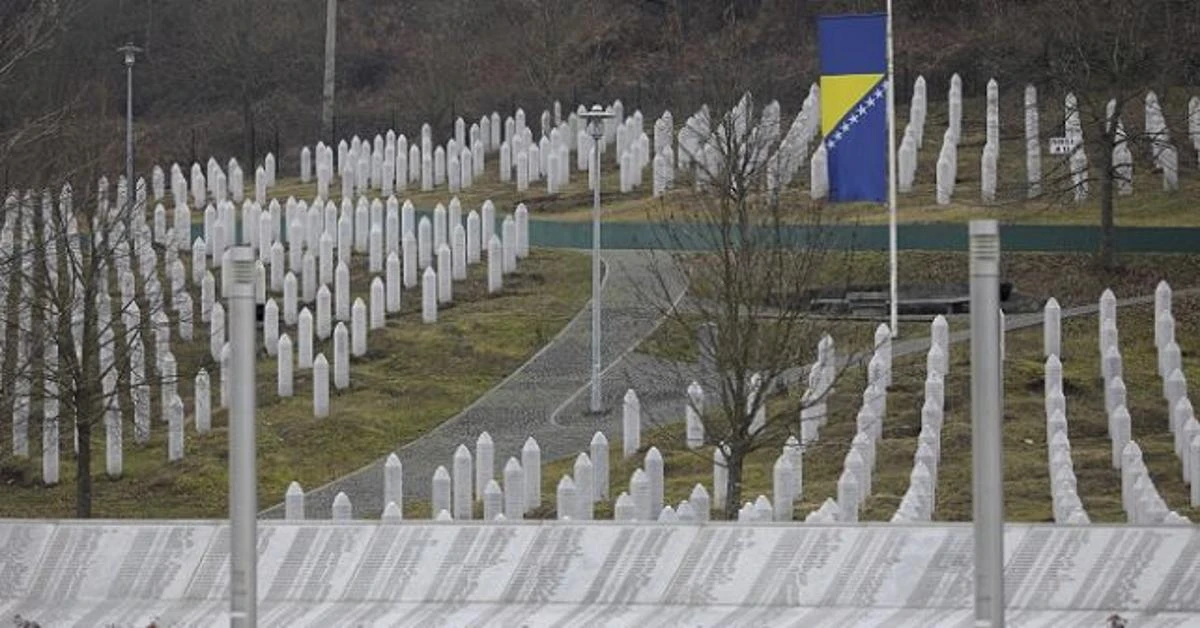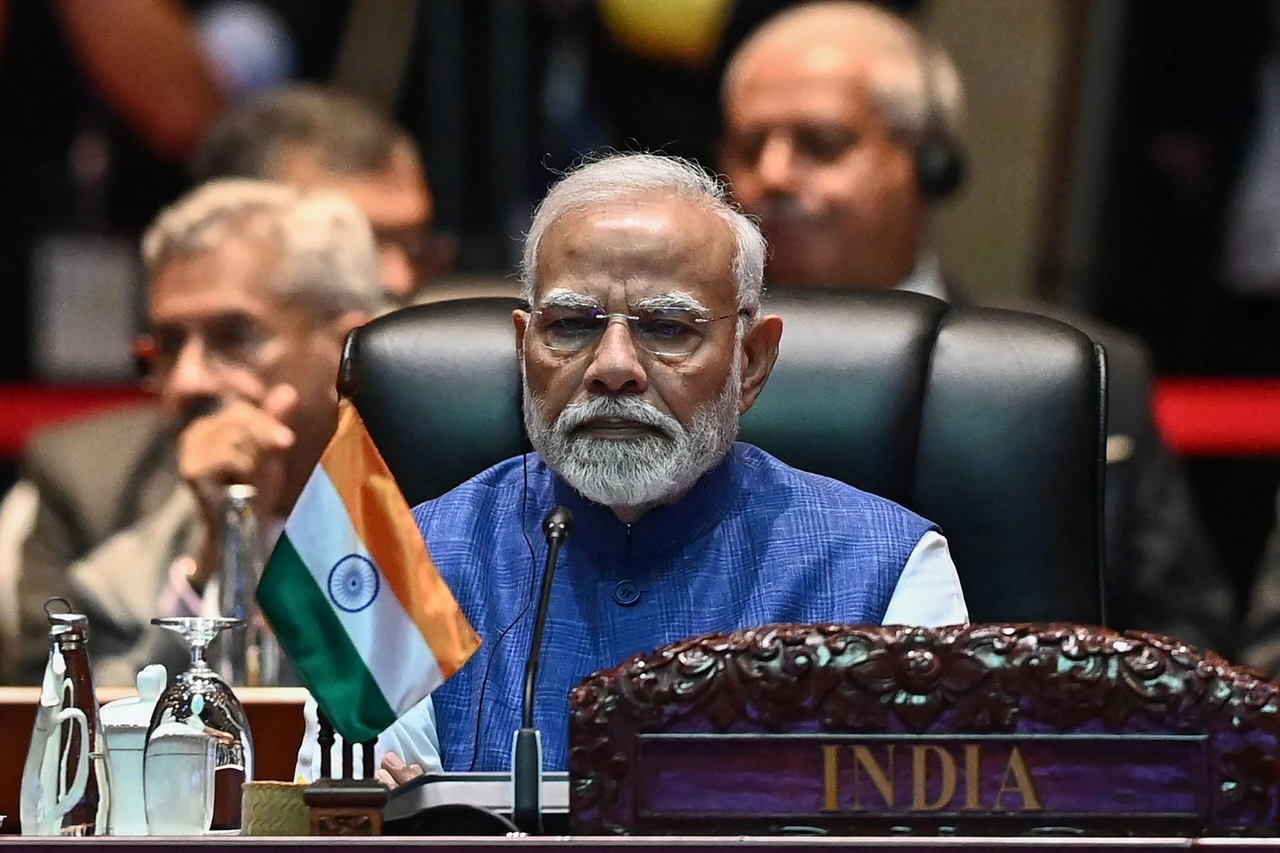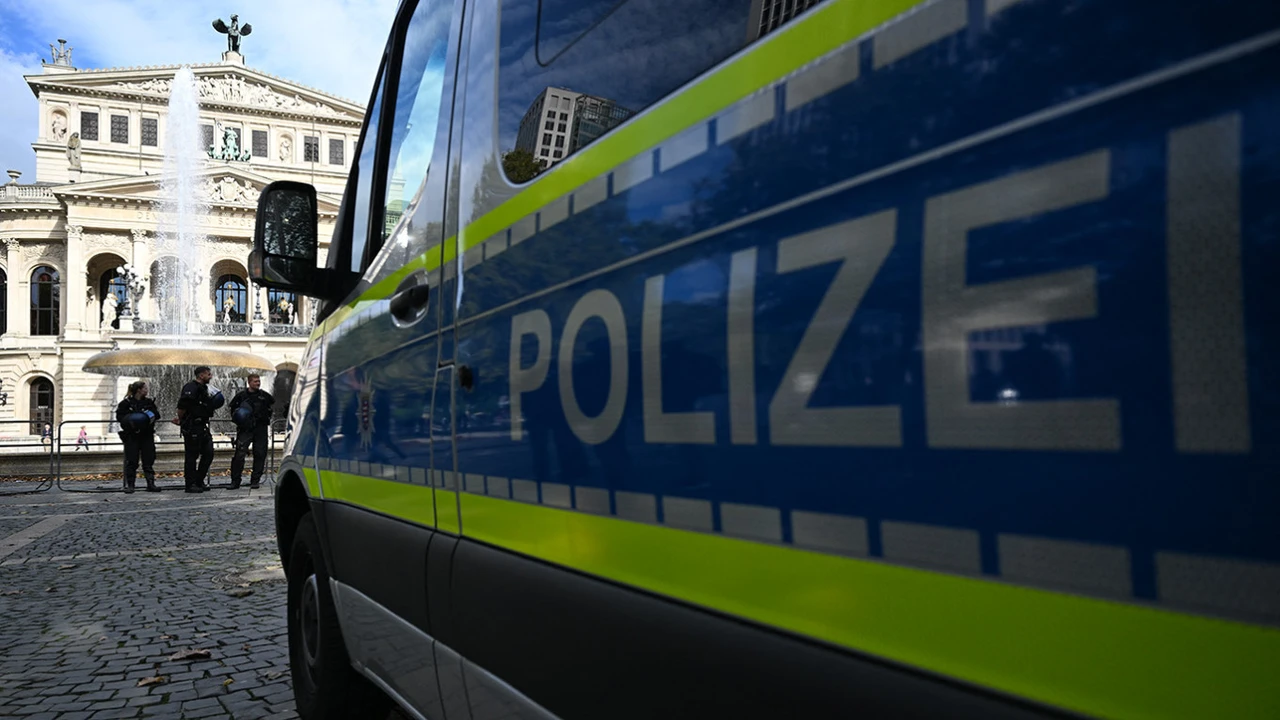UN debates Srebrenica genocide Resolution

The U.N. General Assembly will meet Thursday to discuss, among other urgent matters, a draft resolution addressing the genocide in Srebrenica, Bosnia and Herzegovina.
The draft resolution is under the theme “Culture of Peace.”
Bosnia and Herzegovina, Rwanda and Germany spearheaded the draft resolution and a growing number of countries, now numbering 38, have expressed their willingness to co-sponsor it.
The draft resolution contains several key provisions aimed at commemorating the victims of the Srebrenica genocide as well as ensuring accountability for the atrocities committed.
Key provisions of UN Draft Resolution
Notable excerpts from the resolution include:
- Proclamation of July 11 as the International Day of Remembrance and Commemoration of the Genocide in Srebrenica.
- Denouncing any denial or distortion of the genocide in Srebrenica and calling on member states to protect facts. and develop educational programs to prevent denial, as well as condemnation of actions that glorify convicted war criminals responsible for the genocide.
- Continued emphasis on the completion of efforts to find and identify the remaining victims of the genocide, as well as the prosecution of perpetrators who have not yet been brought to justice.
Members of the Presidency of Bosnia and Herzegovina, together with the Ambassador of Bosnia and Herzegovina, Zlatko Lagumdzija, Permanent Representative of Bosnia and Herzegovina to U.N., have been in New York for several days, meeting with representatives of various countries to gather support for the Srebrenica resolution.
The resolution represents a concerted effort by the international community to honor the memory of the victims of the Srebrenica genocide, combat genocide denial and uphold justice and accountability for one of the darkest chapters in recent history.
Backlash over Resolution
The draft resolution on the Srebrenica genocide ignited backlash and lobbying, led by Bosnian Serb President Milorad Dodik, leader of the Republika Srpska, an entity of Bosnia and Herzegovina and Serbian President Aleksandar Vucic.
These leaders argue that the resolution would unfairly brand all Serbs as genocidaires, even though the draft text does not explicitly refer to Serbs.



